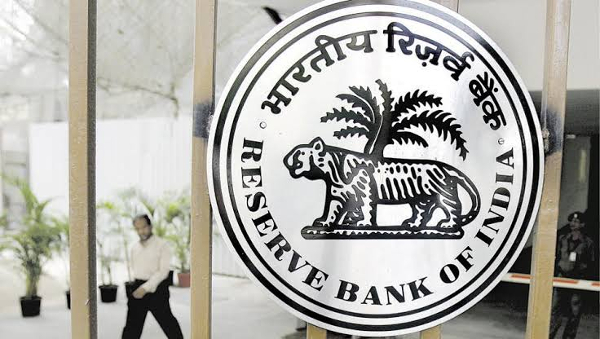NEW DELHI: Of the 48 high-frequency economic indicators tracked by the Reserve Bank of India (RBI), 18 remained below pre-Covid levels, while the rest jumped above the February mark.
Among the parameters being closely monitored in October, there were only two indicators — monthly equity investments by mutual funds and the monthly outstanding for certificates of deposits — which were far worse compared to the levels seen in February, when the deadly virus that was first spotted in China started creating havoc around the globe with early effects seen in India too.
Certificates of deposits are short-term money market instruments issued by banks and financial institutions. Mutual funds investments in equities in November have slipped further, the numbers released by the RBI along with the monetary policy statement on Friday showed.
Those in the amber category — which indicates that the worst may be over but is not on the recovery path yet — include domestic passenger traffic, given the capacity restriction on airlines imposed by the government, and corporate bond issuance, which has slipped.
Air cargo is a notch better but had not moved towards normalisation, although on a sequential basis an improvement is seen every month, given that demand for goods in the domestic market has picked up.
There are segments where production and the sales numbers present a different picture, tractor being one example. By all accounts, tractor sales are booming with the government and analysts attributing it to buoyant rural income. But the RBI’s estimates suggested that production has moved well beyond the pre-Covid levels but sales — on a seasonally adjusted basis — are below February levels, and have slipped during September and October. In fact, tractor and three-wheeler sales are the two dark spots in an otherwise rosy farm sector. Unlike tractors, three-wheeler production too remains below pre-Covid levels, but is rising.
Overall, while improving projections for the current financial year, the RBI has said that the recovery is better than expected, a view that even the government shares, although both have warned of possible downside risks.
“The downside risk, however, remains the spread of a second wave of Covid-19. However, there is a growing cautious optimism that the steep plunges of April-June quarter of 2020 may not resurface with significant progress in vaccines and contact-intensive sectors increasingly adapting to a virtual normal,” the finance ministry said in its monthly economic assessment last week.
Source: ToI
You may also like
-
Trade Connect E-platform For Exports Is Single Window, Fast, Accessible And Transformational: Shri Piyush Goyal
-
Dot Simplifies Approval Processes For Telecom Licenses And Wireless Equipment
-
Coal Production and Supply Trends on Positive Trajectory
-
Union Minister To Release Booklets On Promotion Of Indigenous Species & Conservation Of States Fishes
-
2nd India-Japan Finance Dialogue held in Tokyo on 6th September, 2024
